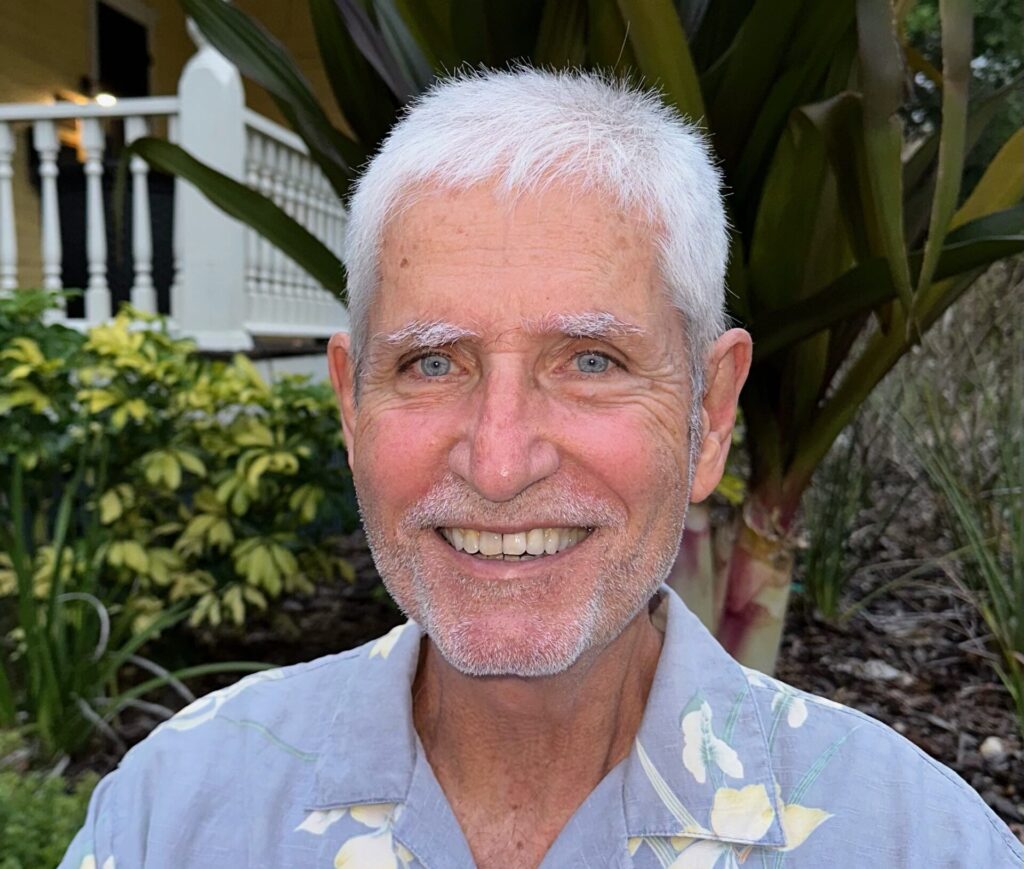By Jeff Dorian, Orlando Citizens’ Climate Lobby
Growing up in Miami in the 1960s had to be a sweet spot of times to live there. The fishing was great, traffic was moderate and there was plenty of room to grow. Much of what I then took for granted now looks threatened as Florida has grown exponentially.
Threats to our clean water, clogged highways and housing shortages are stacked on top of massive hurricanes, dying reefs and distressing fish kills. You don’t see people water skiing on dirty Biscayne Bay anymore. I love Florida and, in my retirement, have committed my energies to advocating for finding cleaner, safer, healthier ways of living with Florida’s frangible environment.

What I read last month that Gov. Ron DeSantis is seeking “energy-saving rebates in (an) apparent change of heart,” it gave me a spark of hope. On June 15, DeSantis had vetoed from the state budget $30 million in seed money for Florida to administer $346 million of our federal tax dollars. He has now reversed that decision and paved the way for those hundreds of millions of dollars to be applied to a home energy rebate program.
Those dollars are targeted to low-income households to upgrade appliances and insulation to improve residential energy efficiency, health and safety. Residents in lower-income areas often lack the means to add insulation and upgrade old and inefficient appliances. In addition, the program is a stimulus to tradesmen, retail businesses — especially HVAC, and other appliance outlets.
Low-income residents also often face high energy burdens, meaning that an outsized portion of their income goes towards home energy bills. On average, half the low-income households in Jacksonville, Tampa, Orlando and Miami have an energy burden greater than 7.2%, and a quarter of them, over 12%. The national average is 3.5%.
Research suggests residential energy efficiency can eliminate up to 35% of their excess energy burden. Reduced energy bills can also help keep people in their homes. Efficiency is the most cost-effective solution to lower total utility costs.

Energy conservation is also the low-hanging fruit for efforts to reduce overall dependence on dirty, expensive fossil fuels. Electric companies are already required by state regulators to have energy-efficiency goals. Over three-fourths of Florida’s energy comes from fossil fuels, which send millions of Florida’s hard earned dollars to gas-producing states every year.
Natural gas, promoted as “clean,” emits carbon monoxide, nitrogen oxides and sulfur dioxide. Gas plants are often the top emitters of nitrogen oxides in communities. In the home, gas appliances often release nitrogen dioxide in amounts above safe limits.
Most of us already know of the tax-saving incentives available to upgrade to efficient electric appliances, insulate our homes or buy an electric vehicle. Low-income households don’t benefit nearly as much from tax breaks. These rebates will help similar benefits to reach all Florida households. It’s a morally just policy to support.
DeSantis deserves applause for his change of heart from all corners of Florida. His reversal will provide benefits for many Florida communities, giving us all a cleaner, safer, healthier state.
Jeff Dorian is the co-leader of the Orlando chapter of the Citizens’ Climate Lobby. This opinion piece was originally published by the Orlando Sentinel, which is a media partner of The Invading Sea.
If you are interested in submitting an opinion piece to The Invading Sea, email Editor Nathan Crabbe at ncrabbe@fau.edu. Sign up for The Invading Sea newsletter by visiting here.



